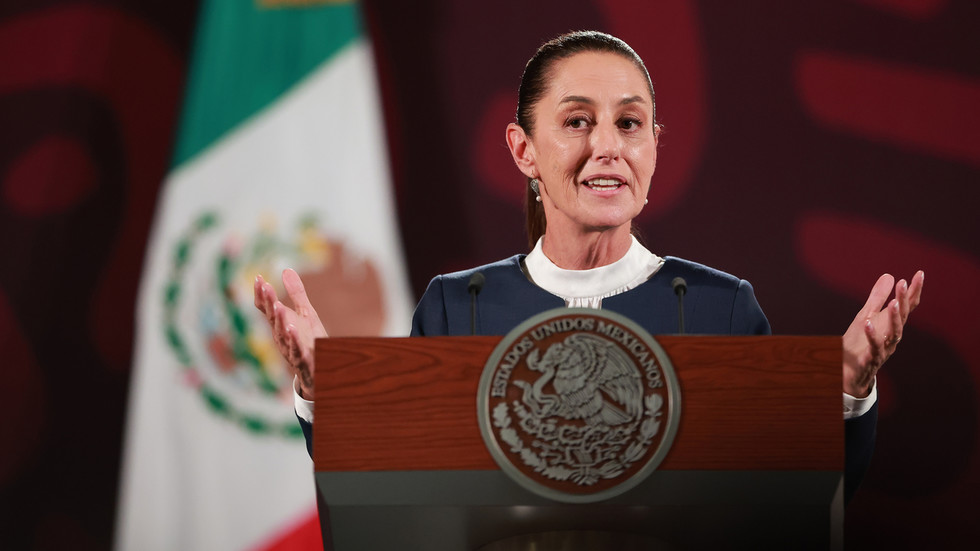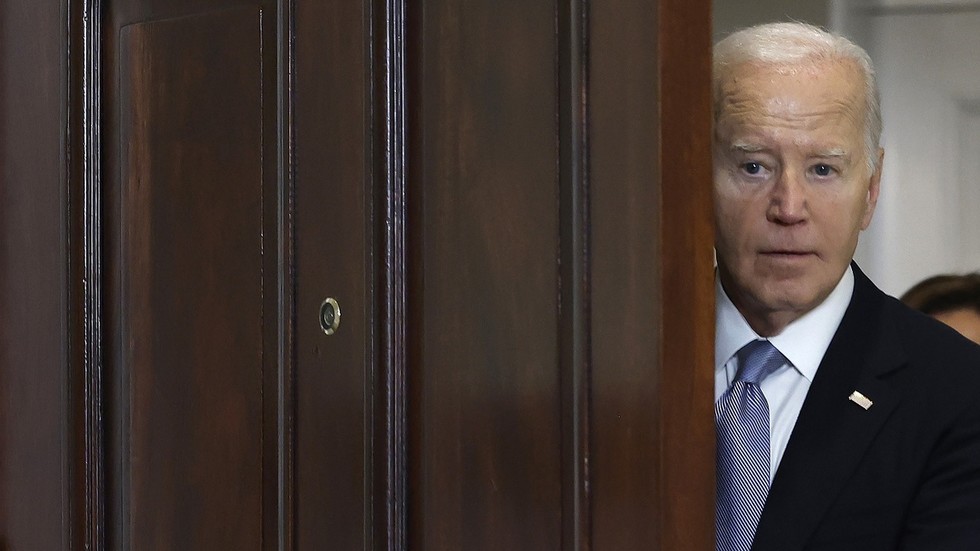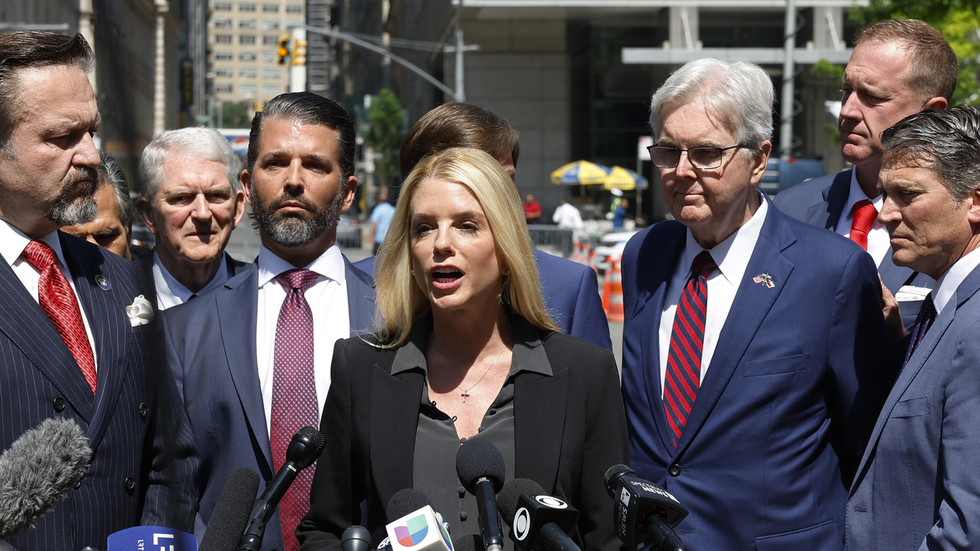The ceasefire agreement, brokered by the United States and France, was approved by Israel's security cabinet after deliberations on Tuesday, according to Israeli Channel 12.
A joint statement from the US and France is expected to formally unveil the deal, which Lebanon’s parliament will discuss in a session scheduled for Wednesday morning.
In a televised address, Netanyahu said the ceasefire’s duration would depend on Hezbollah’s actions.
Netanyahu said the ceasefire will allow the Israeli military to take a rest and to focus on the Gaza Strip and "intensify" pressure on Hamas.
Despite the announcement, hostilities continued with Israel ramping up airstrikes across Beirut and other parts of Lebanon.
Israeli military spokesperson Avichay Adraee stated that a “widespread attack” was underway, as the military issued evacuation warnings to residents in 20 locations.
Hezbollah, which has called for an end to Israeli aggression and guaranteed protection of Lebanon’s sovereignty as conditions for a ceasefire, has yet to formally respond to the agreement.
The deal requires Israeli troops to withdraw from southern Lebanon while the Lebanese army deploys 5,000 troops in the region, officials said.
Lebanese Foreign Minister Abdallah Bou Habib confirmed the army’s readiness to implement the plan.
Prime Minister Najib Mikati urged swift international action to enforce the ceasefire and denounced Israel’s intensified airstrikes.
“The hysterical aggression this evening on Beirut confirms that the enemy does not value any law,” Mikati said.
The Israeli regime initiated its full-scale war on Lebanon in late September when Netanyahu announced updated war objectives, emphasizing a determination to return hundreds of thousands of settlers to their homes in northern occupied Palestine.
However, the Israeli military failed to achieve these objectives before accepting the ceasefire.
Far-right Israeli minister Itamar Ben-Gvir criticized the agreement, claiming it does not secure the safe return of settlers to northern towns.
Opposition leader Yair Lapid also condemned the government, stating that Netanyahu’s cabinet was “dragged into an agreement with Hezbollah” after leaving northern communities devastated and the army exhausted.

 By Tasnim News (World News) | Created at 2024-11-27 06:51:12 | Updated at 2024-11-27 09:41:53
2 hours ago
By Tasnim News (World News) | Created at 2024-11-27 06:51:12 | Updated at 2024-11-27 09:41:53
2 hours ago








